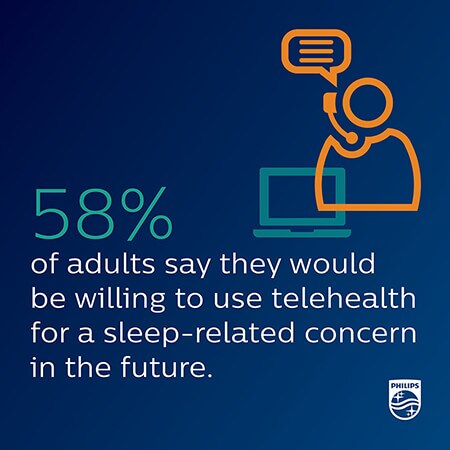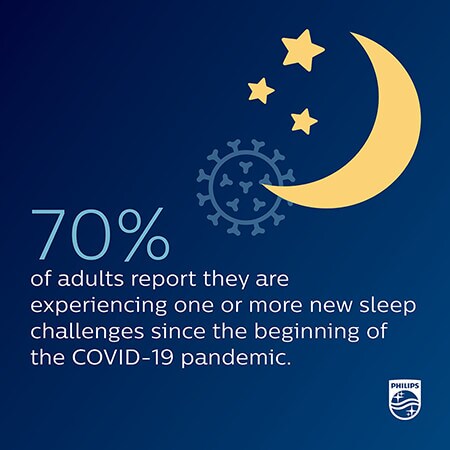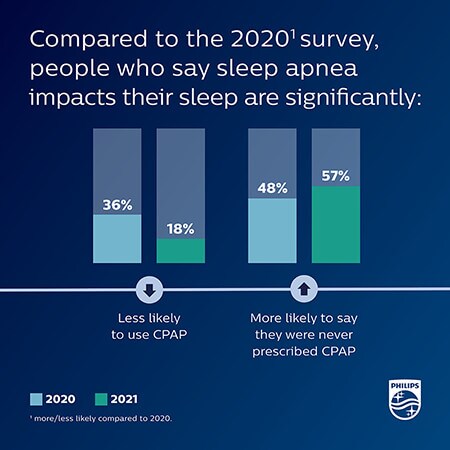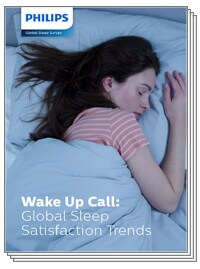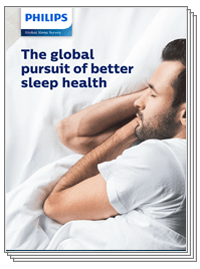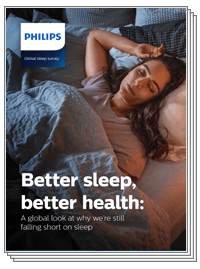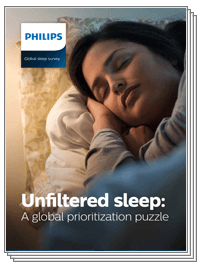What steps can you take to improve your sleep?
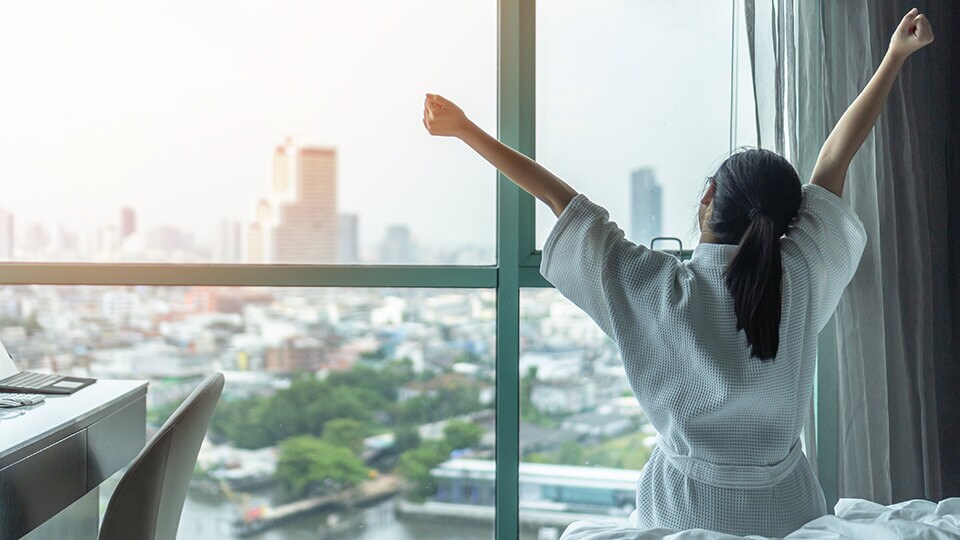
The power of information lies in how you use it. Our goal is to use information from our annual sleep survey to empower you to make positive changes to your daily routine that will enable a better night’s sleep and begin to prioritize sleep.
Suggestions from our sleep experts include:
Understand and acknowledge the ways that lack of sleep impacts all facets of life – work, relationships, productivity
45% of global consumers reported that the time they spend fully asleep has decreased since the onset of the COVID-19 pandemic, with stress being the #1 reported barrier to getting a good night’s sleep.
Build a bedtime routine and maintain it
44% of survey respondents admitted they have never instituted a set bedtime/wake-up routine.
Identify the various factors that might be contributing to your sleep troubles and researching your options and/or consulting a physician to address them
According to our survey, 27% of global consumers believe they may be at risk for sleep apnea.
Use technology strategically. Research and identify tech that can positively impact your sleep (such as sleep therapy, or sleep aid devices), but disconnect from phones and screens at least 30 minutes before bedtime, preferably sleeping without them by your side
This year, 84% of respondents admitted to using a cell phone in bed, 41% of whom use it to read about the COVID-19 pandemic.
Look at sleep as part of a pillar of your health, and understand how sleep affects the immune system to help you mentally prioritize it.
41% of those whose sleep was most limited by stress in 2020 sited health (theirs or a family members) as a key area of concern.
